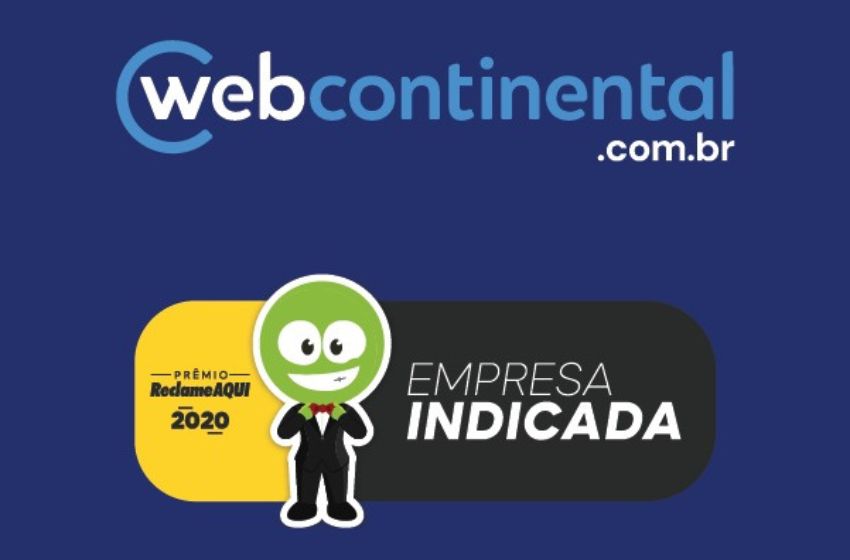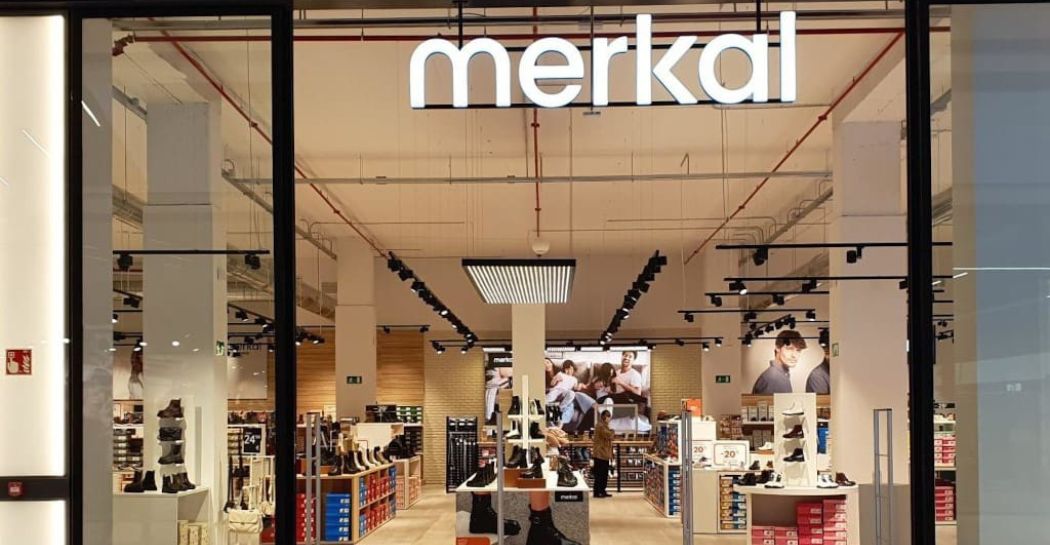
xr:d:DAFp5zvBe_M:347,j:4315976193316520815,t:23090411
In a world where corporate responsibility is more crucial than ever, H&M has taken a bold step forward by committing to the United Nations Global Compact Agreement. This groundbreaking move solidifies their dedication to social and environmental sustainability, setting a new standard for the fashion industry and beyond. Join us as we explore how H&M is leading the way towards a more ethical and sustainable future through this landmark partnership.

Introduction to H&M’s Commitment to Corporate Responsibility
H&M, one of the world’s largest fashion retailers, has long been recognized for its commitment to corporate responsibility and sustainability. In recent years, the company has taken significant strides to address social and environmental challenges within the fashion industry, setting ambitious goals and initiatives to reduce its environmental footprint, improve labor practices, and promote ethical sourcing throughout its supply chain. Central to H&M’s corporate responsibility efforts is its participation in the United Nations Global Compact Agreement, a voluntary initiative that commits companies to aligning their operations and strategies with ten universal principles in the areas of human rights, labor, environment, and anti-corruption.
By signing the United Nations Global Compact Agreement, H&M has demonstrated its commitment to upholding fundamental human rights, ensuring fair and safe working conditions, and minimizing its environmental impact across its global operations. Through transparency, accountability, and collaboration, H&M is working to create positive change within the fashion industry and contribute to a more sustainable and ethical future for all stakeholders, including workers, communities, and the planet.
Upholding Human Rights and Labor Standards
As a signatory of the United Nations Global Compact Agreement, H&M is committed to upholding fundamental human rights and labor standards throughout its supply chain. The company has implemented strict policies and guidelines to ensure fair and safe working conditions for all workers, including zero tolerance for child labor, forced labor, discrimination, and harassment. Through regular audits, assessments, and supplier partnerships, H&M works closely with its suppliers to monitor compliance with labor standards and address any issues or violations that may arise.
Moreover, H&M is dedicated to empowering workers and promoting social inclusion within its supply chain, providing training, education, and development opportunities to improve the livelihoods and well-being of workers around the world. By prioritizing the welfare and rights of workers, H&M is working to create a more equitable and humane fashion industry that respects the dignity and rights of all individuals involved in the production process.
Environmental Stewardship and Sustainable Practices
In addition to upholding human rights and labor standards, H&M is committed to minimizing its environmental impact and promoting sustainable practices throughout its operations. Through the United Nations Global Compact Agreement, H&M has pledged to reduce its carbon emissions, water usage, and waste generation, while also promoting sustainable sourcing and production methods. The company has set ambitious targets to achieve carbon neutrality, use 100% renewable energy, and achieve circularity in its operations by 2030.
To achieve these goals, H&M is investing in renewable energy, energy-efficient technologies, and sustainable materials, while also exploring innovative solutions to reduce waste and promote recycling and reuse. By prioritizing sustainability throughout its value chain, from design and production to distribution and disposal, H&M is working to minimize its environmental footprint and contribute to a more sustainable and regenerative fashion industry.
Supply Chain Transparency and Ethical Sourcing
H&M is committed to transparency and ethical sourcing within its supply chain, ensuring that its products are made under fair and safe working conditions and with respect for human rights and the environment. Through the United Nations Global Compact Agreement, H&M has committed to promoting transparency and accountability throughout its value chain, from raw material sourcing to manufacturing and distribution.
To enhance transparency, H&M publishes a list of its suppliers and subcontractors, along with information on their labor practices, environmental performance, and compliance with H&M’s sustainability standards. The company also conducts regular audits and assessments of its suppliers to ensure compliance with its ethical sourcing policies and address any issues or concerns that may arise. By promoting transparency and accountability, H&M is working to build trust and confidence among consumers, stakeholders, and the broader public, demonstrating its commitment to responsible business practices and ethical conduct.

Conclusion: A Commitment to Positive Change
In conclusion, H&M’s participation in the United Nations Global Compact Agreement underscores its commitment to corporate responsibility, sustainability, and ethical business practices. By aligning its operations and strategies with the principles of the Global Compact, H&M is working to uphold human rights, labor standards, and environmental stewardship throughout its value chain, while also promoting transparency, accountability, and ethical sourcing. Through collaboration, innovation, and leadership, H&M is driving positive change within the fashion industry and inspiring others to follow suit in creating a more sustainable and equitable future for all.


















